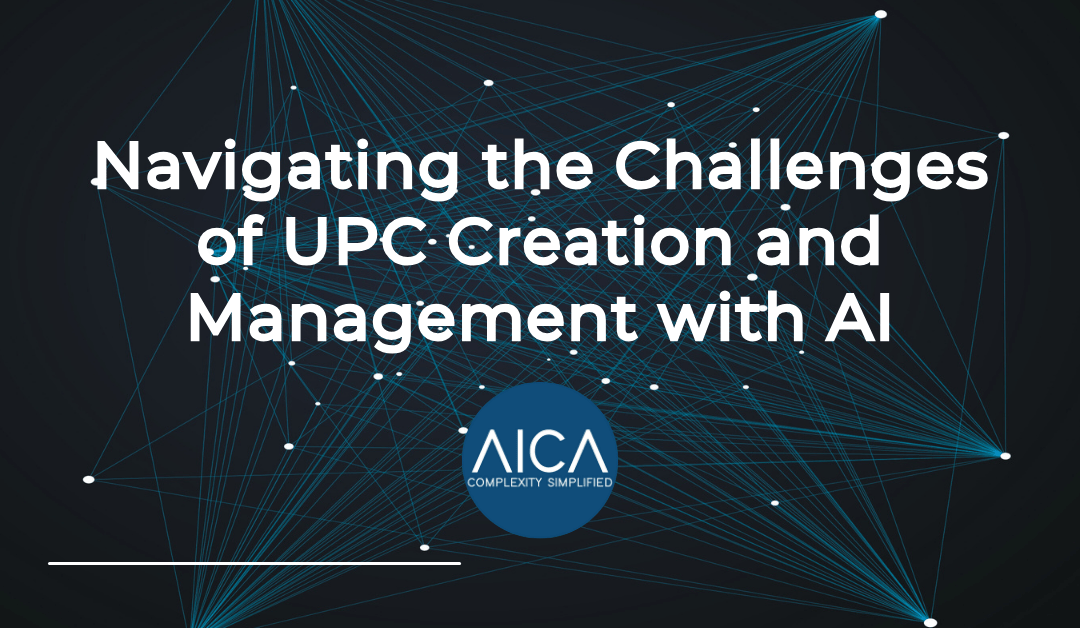Universal Product Codes are integral to modern retail and inventory systems, providing a standardised method for tracking and selling products. However, the process of creating and managing these codes is fraught with challenges that can impact efficiency and accuracy.
Fortunately with the integration of AI these challenges can be transformed into opportunities for innovation and improved performance.
Challenges in UPC Creation and Management
Manual Data Entry and Extraction
Traditional methods of creating UPCs often involve manually inputting product information, a process that is not only time-consuming but also prone to human error.
Inconsistency in Data Standardisation
Ensuring data consistency across different products and systems is challenging. Without standardisation, the risk of errors and mismatches in product identification increases.
Barcode Generation and Verification
Generating and verifying barcodes for each UPC is a meticulous task. Inaccuracies in this process can lead to significant issues in scanning and inventory management.
Dynamic Market Demands
Rapid changes in market trends and product variations require a flexible and adaptive approach to UPC assignment, a challenge with traditional methods.
Benefits of AI in UPC Management
Automated Data Extraction
AI automates the extraction of product information, drastically reducing the time and errors associated with manual data entry.
Data Standardisation and Validation
AI algorithms can enforce data standardisation and conduct real-time validation, ensuring consistency and accuracy across the UPC system.
Predictive UPC Generation
Leveraging machine learning, AI can analyse market trends and historical data to predict optimal UPCs for new products, aligning UPC assignment with market dynamics.
Efficient Barcode Generation
AI can automate and verify the accuracy of barcode generation, minimising the risks of scanning errors and operational delays.
Dynamic and Adaptive UPC Assignment
AI systems can adapt UPC assignment based on evolving product details and market conditions, maintaining the relevance and accuracy of the UPC system over time.
Error Detection and Correction
AI’s capability to detect and correct errors in real-time is a significant advantage, ensuring the integrity and reliability of the UPC management process.
Demand Forecasting and Inventory Management
AI forecasting models can utilise UPC data to predict future product demand, aiding in efficient inventory management and planning.
To Conclude
While the creation and management of UPCs present various challenges, the integration of AI offers comprehensive solutions that not only address these issues but also enhance the overall efficiency, accuracy, and adaptability of the UPC system. As retail and inventory management continue to evolve, AI stands as a pivotal technology in revolutionising these domains.
If you’re looking to utilise AI to create and manage UPCs, visit AICA’s website today.
Copyright Reserved © AICA Data International Ltd 2023
